What's going on?
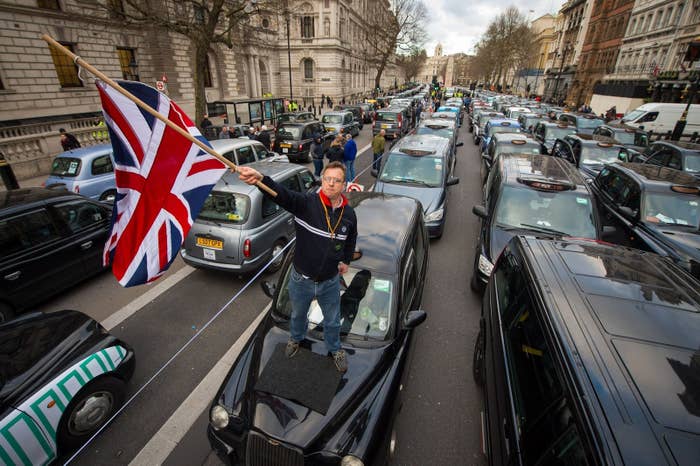
After a long campaign by London's black-cab drivers, Transport for London has decided not to renew Uber's licence to trade as a private hire business, effectively banning it from the capital.
Uber has been active in London since 2012 and has built a business with, it claims, 3.5 million customers and 40,000 drivers. TfL was considering granting it a new five-year licence. But instead, its last day in operation here will be 30 September. It has 21 days to appeal.
It's a huge moment in the evolution of the so-called gig economy and a big test of how governments and regulators can halt the fast-paced growth of consumer technology as it disrupts traditional industries. Here are some more questions, and some (brief) answers:
Why is this happening now?
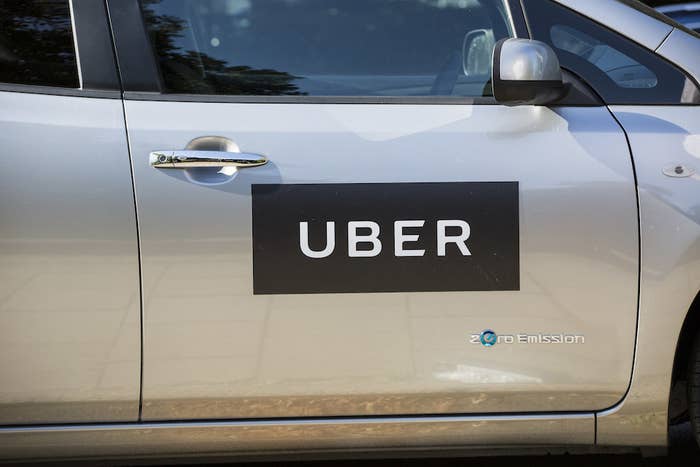
TfL has told Uber it won't get a new private hire operator licence – the thing it needs to continue to operate in the city – because the transport body considers the company "not fit and proper" to have one, due to "potential public safety and security implications".
TfL came to this decision for four reasons:
- How Uber reports "serious criminal offences".
- How its drivers obtain medical certificates.
- How the company manages criminal background checks for drivers.
- Its use of software called Greyball, which it allegedly used to stop City Hall officials from using the app to carry out checks on how the service operates.
In short, Uber is facing a ban because it broke the rules as set out in the Private Hire Vehicles (London) Act 1998, not because of its treatment of drivers or passengers.
City Hall has been keen to step up the regulation of taxi and private car drivers since Khan's election – in December it hired 50 new officers to make sure drivers and companies were sticking to the rules and had all the right paperwork.
What is Greyball?
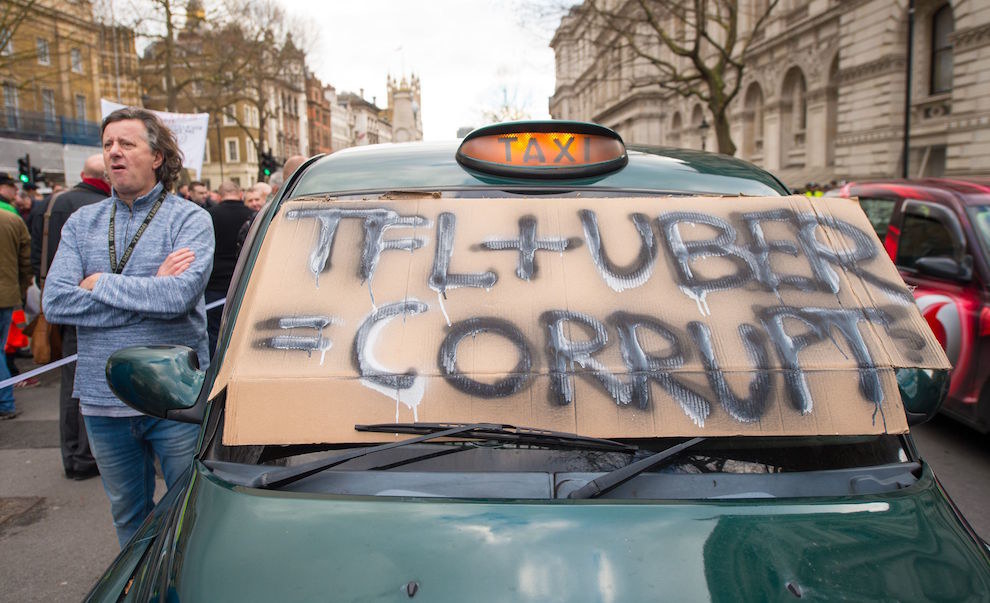
The New York Times revealed in March this year that Uber was using a software program called Greyball to effectively stop local licensing officers from using the service.
The system was designed to stop people who might threaten violence against drivers, or competitors posing as ordinary passengers, from using the app. It worked by serving a fake version of the app that allowed cars to be hailed but automatically cancelled them before they arrived.
As TfL puts it, this was "software that could be used to block regulatory bodies from gaining full access to the app and prevent officials from undertaking regulatory or law enforcement duties."
Uber announced it would stop using Greyball days after it was exposed, and Uber said on Friday it has never been used in the UK. But this wasn't enough to appease TfL or London mayor Sadiq Khan, who backs the decision.
The TfL decision is latest in a string of PR disasters for Uber in 2017, which included former CEO Travis Kalanick apologising for a lack of diversity after claims of workplace sexism and apologising again after being caught on camera yelling at an Uber driver who complained about changes to his contract costing him money.
What does this mean for other UK towns and cities?
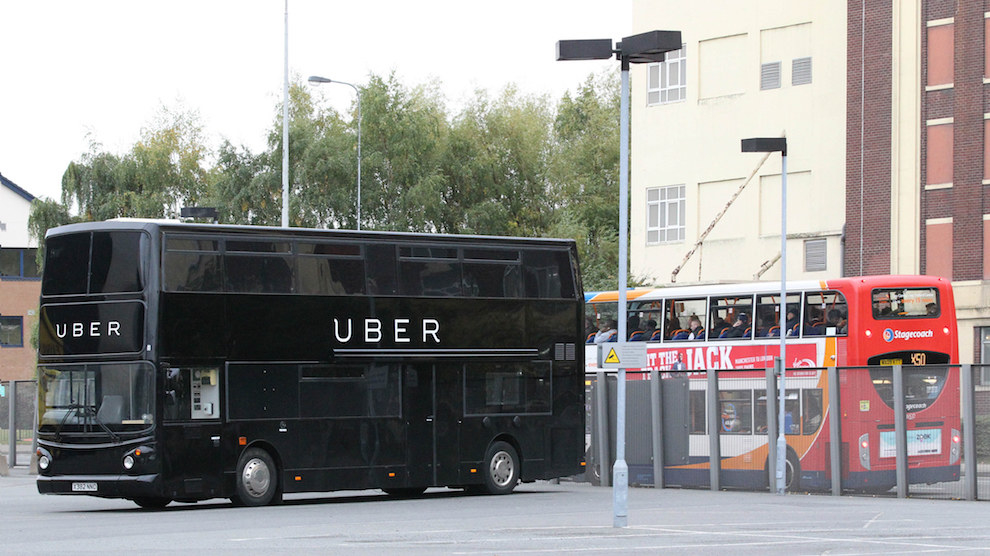
Uber is in 40 towns and cities across the UK, and after today's decision...that won't change.
TfL is the licensing authority for taxis and private hire cars in London but has no jurisdiction outside it.
Transport for Greater Manchester is the biggest transport authority outside the capital, but it can't decide whether to ban Uber or not – that's up to individual councils, and so far they are all pretty relaxed about ride-sharing.
A TfGM spokesperson said: "Unlike Transport for London, TfGM does not license taxi or private hire vehicles, businesses or drivers. The licensing of taxis and private hire vehicles and their drivers is managed individually by each of the local authorities in Greater Manchester."
Plus, Uber splits up its regional businesses into separate companies – it's just Uber London Limited that won't have a licence after next week.
Councillor Nigel Murphy, executive member for neighbourhoods on Manchester city council, told BuzzFeed News: "We have a robust licensing system in place in Manchester, which ensures that all of our licence holders are vetted to a high standard. Uber Britannia – which is a separate company to Uber London – is licensed to operate in Manchester until 2021 as a private hire operator.
"As is the case with all licensees, we will continue to monitor their compliance with the conditions of their licence to operate, while at the same time monitoring events as they unfold in the capital."
What happens now?
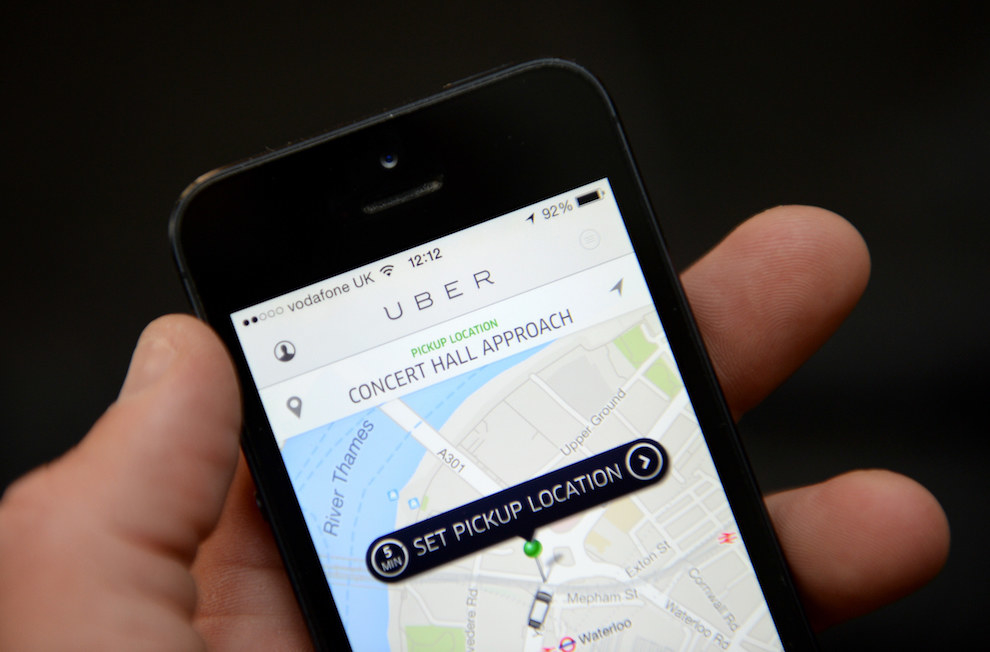
Uber has said it will appeal the decision and is likely to end up in the courts. It can still operate while the appeal is pending – so there's no immediate end in sight and there could be a lengthy legal battle ahead.
And this is hardly the company's first encounter with city regulators.
Both Uber and Lyft, a similar service, pulled out of Austin, Texas, in 2016 after the city's voters rejected a proposal that would have allowed them to self-regulated background checks on drivers.
But they returned in July this year after a law change, and at lower prices than before too. It could be that the same thing will happen in London: Uber could agree to changes to its terms and services and then return later on.
Khan's statement on Friday, which said "any operator of private hire services in London needs to play by the rules", appears to hint that Uber is only losing its licence because it broke the rules, not because of what critics see as inherent moral flaws in the company's model.
London isn't the first European city to protest at Uber's presence. The company was the subject of taxi drivers' anger in of violent protests in Paris in 2015; Uber said in March this year that it was pulling out of Denmark, where it had thousands of drivers, because of "unworkable" changes to taxi rules; and in April this year a court ruling banned the service in Italy.
